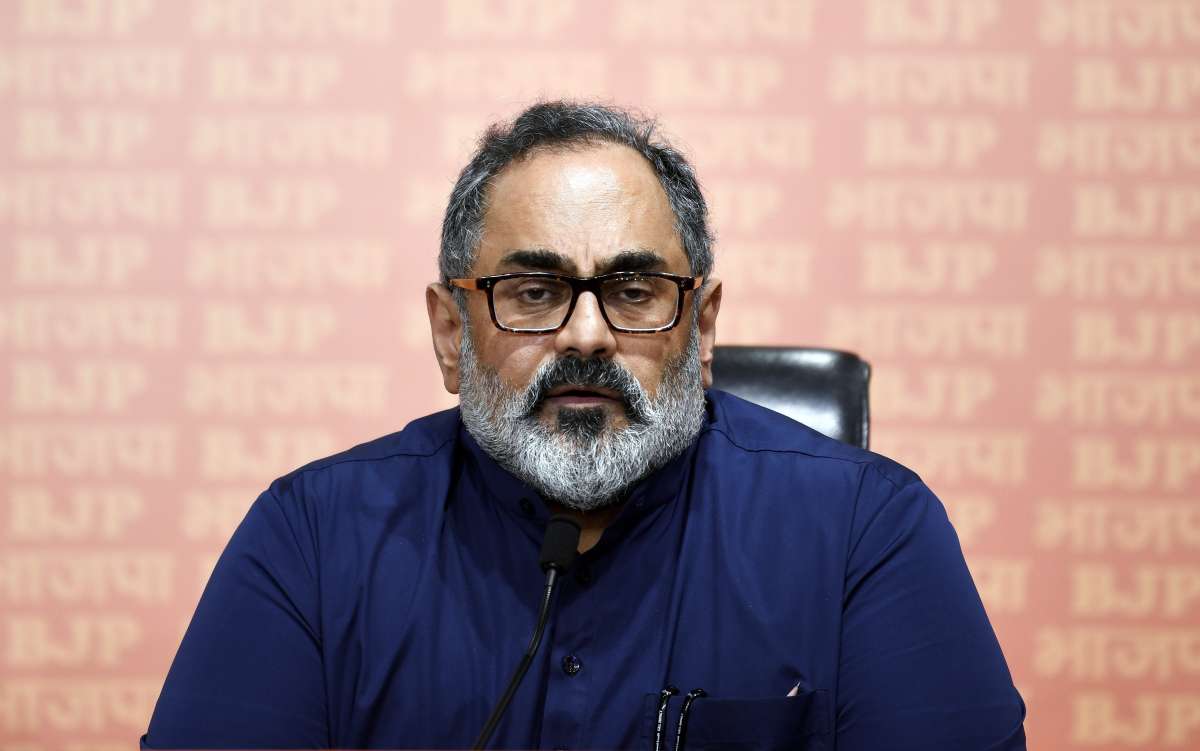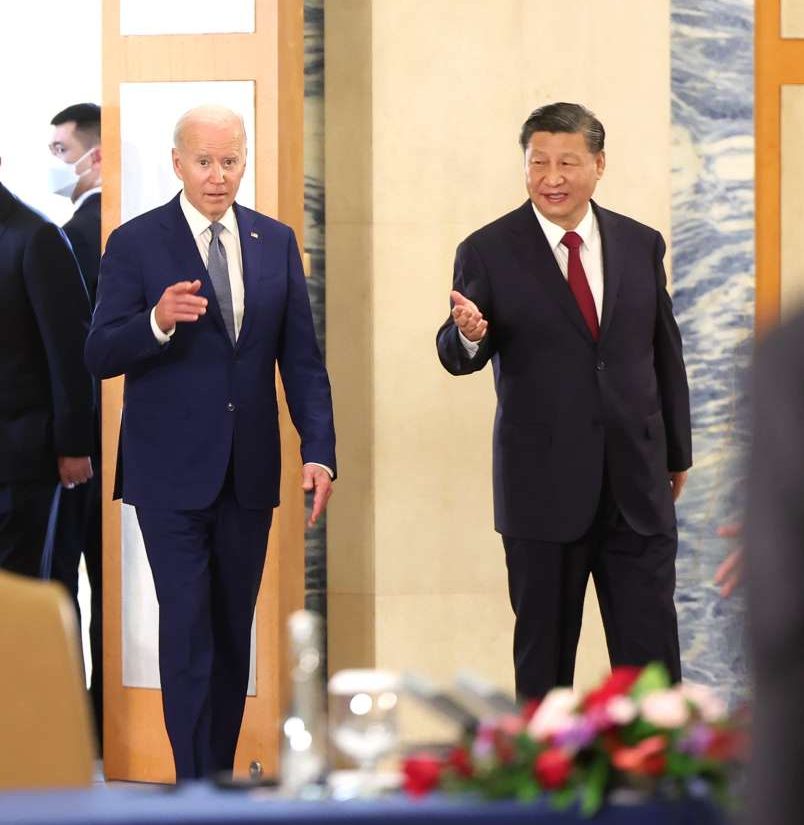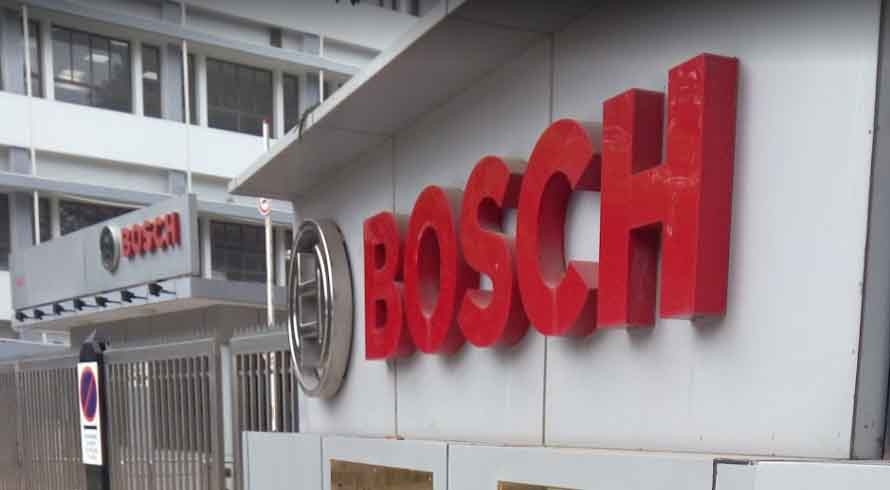The partnership comes four months after the historic India-US joint declaration on strengthening semiconductor supply chains…reports Asian Lite News
The Ministry of Electronics & Information Technology (MeitY) and IBM entered into a partnership to collaborate in quantum, AI and semiconductors to shape the future.
IBM signed MoUs with the Government of India on Semiconductors, AI and Quantum. Union Minister of State for Entrepreneurship, Skill Development, Electronics & Technology Rajeev Chandrasekhar was present at the occasion.
This body of work will aim to accelerate India’s comprehensive national strategy for AI, strengthen efforts to be self-reliant in Semiconductors and advance its National Quantum Mission.
The partnership comes four months after the historic India-US joint declaration on strengthening semiconductor supply chains.
“Just 4 months after the historic India-US joint declaration by @POTUS@JoeBiden & PM @narendramodi ji, @GoI_MeitY has entered into a partnership with @IBM in #Quantum, #AI & #Semiconductors – technologies that are set to shape the future,” Rajeev Chandrasekhar said.
These MoUs will help MeitY access IBM’s expertise to build and advance India’s Competency and scale its growth mission in the AI, semiconductor and quantum industries.
“IBM will support the #FutureSkills program with @NIELITIndia and partner with #FutureDESIGN startups in the areas of Quantum and AI,” added Chandrasekhar.
He said that collaborating with IBM will significantly expand capabilities in the Indian Semiconductor, AI, and Quantum Innovation Ecosystem.
Union Minister Rajeev Chandrasekhar said, “This is certainly a very important day because three of the four technologies that are going to shape the future of tech and innovation in the coming years – AI, Quantum and Semiconductor and the fourth…represent for us tremendous opportunities for our academic ecosystem, for the startups and innovation ecosystem in particular and of course, the broader opportunity of creating global standard talent in India that can take advantage of the opportunities in Quantum, Semiconductors and AI…”
The plans under which IBM would work with IndiaAI, ISM and C-DAC to focus on skill development, engaging the ecosystems and accelerating R&D efforts in semiconductors, AI and quantum are envisioned to advance and accelerate India’s innovation in these areas.
Digital India Corporation intends to collaborate to establish a world-class national AI Innovation Platform (AIIP) for India that will focus on AI skilling, ecosystem development, and integrating advanced foundation models and generative AI capabilities to support India’s scientific, commercial, and human-capital development in this technology.
IBM would be a knowledge partner of India Semiconductor Mission (ISM) for a semiconductor research centre. IBM may share its experience with ISM on intellectual property, tools, initiatives, and skills development, aimed at promoting innovation in semiconductor technologies such as logic, advanced packaging and heterogeneous integration, and advanced chip design technologies, using modernized infrastructure.
IBM and the Centre for Development of Advanced Computing (C-DAC) will also explore opportunities for working together to support the advancement of India’s National Quantum Mission by building competency in quantum computing technology, applications in areas of national interest, and a skilled quantum workforce. (ANI)
ALSO READ-MeitY roadshow in Amsterdam to promote digital innovation




